Could a crackdown on Clear be brewing in the nation’s most populous state?
On Tuesday, California lawmakers will begin considering a bill that, if passed, could place serious new regulations on the expedited airport security service. Critics say it could effectively force Clear out of many Golden State airports.
At issue is the fact that Clear allows members a fast track to the front of the Transportation Security Administration’s screening lines.
The bill would specifically prohibit airports from allowing third-party companies to give certain travelers expedited access to the existing TSA lines — in essence, what Clear does for its paying members.
Instead, were this law to pass, the company would likely have to foot the bill (and find the space) for sending its members to an entirely separate set of TSA screeners. This requirement could prove fiscally and physically challenging for Clear within constrained airport terminals.
First filed in February, the bill will go in front of the state senate’s transportation committee Tuesday, albeit with a long road ahead.
Before becoming law, it would have to clear a committee, win approval from both chambers of the California legislature and ultimately garner a signature from Gov. Gavin Newsom.
Although the bill has stiff opposition, including from several major U.S. airlines, it does have support from a TSA workers union in California, not to mention the nation’s largest flight attendants union.
Lawmaker questions Clear’s process

Daily Newsletter
Reward your inbox with the TPG Daily newsletter
Join over 700,000 readers for breaking news, in-depth guides and exclusive deals from TPG’s experts
The service costs $189 annually, though some travel credit cards and frequent flyer programs can discount (or even offset entirely) that annual cost.
It’s those factors — a steep annual fee and a line-cutting shortcut — that inspired the bill, said its author, California Sen. Josh Newman, an Orange County Democrat.
“I became aware of that interaction that happens right at the TSA kiosks, where that jovial Clear attendant pushes some other traveler out of the way and says, ‘Sorry, Clear customer,'” Newman told TPG in an interview Monday.
In Newman’s eyes, the process favors wealthy travelers; Newman filed the bill “on behalf of frustrated travelers everywhere,” he said.
Flight attendants, TSA workers voice support
Newman is garnering some support for the legislation.
The American Federation of Government Employees Local 1230, which represents TSA workers in Sacramento, has signaled its support for the legislation, according to a nonpartisan analysis of the bill. (The TSA itself doesn’t comment on any pending legislation, a spokesperson said Monday.)
The Association of Flight Attendants-CWA has also voiced support, arguing that the proposed legislation “would restore equal access and treatment at the airport security checkpoint,” AFA president Sara Nelson wrote in a letter viewed by TPG.
Nelson also voiced concerns about “irregularities” in Clear’s passenger verification, “which raises concerns about the integrity of aviation security.”
It’s worth noting that Clear has, in recent months, embarked on a major upgrade to raise the caliber of its security verification platform — though that process has led to complaints from some members about wait times.
Airlines, businesses, airport organizations opposed
If Newman’s bill gets serious consideration, it will undoubtedly face strong opposition.
Six major U.S. airlines — Alaska Airlines, Delta Air Lines, Hawaiian Airlines, JetBlue, Southwest Airlines and United Airlines — recently signed a letter opposing the bill.
If passed, the proposed legislation could increase checkpoint wait times and eliminate millions of dollars in revenue pulled in by airports through Clear partnerships, the carriers argued in a letter obtained by TPG. It could also fuel increased fares and decreased service in California, the airlines said.
It’s worth noting that Alaska, Delta and United are all strategic partners with Clear.
However, several state and local chambers of commerce have also voiced opposition to the proposed legislation, according to the bill analysis. The California Travel Association and California Airports Council — not to mention Clear itself — have done the same.
When asked about the proposed legislation, a Clear spokesperson did not specifically comment on the bill but noted the company has shared more than $13 million in annual revenue with California airport partners.
“We are always working with our airline and airport partners as well as local, state, and federal governments to ensure all travelers have a safer, easier checkpoint experience,” the company said in a statement Monday.
Not an outright ban, sponsor argues
For his part, Newman argues his goal isn’t to ban Clear from airports — he just wants to eliminate the “line-cutting” aspect of the service.
He specifically cited the new Delta premium check-in lounge at Los Angeles International Airport (LAX) as an example of how a pay-to-play security offering can function without inconveniencing other non-paying travelers.
“There’s probably a different way to run this business,” Newman argued. “It’s just that nobody is incentivized at the moment to figure it out.”
Of course, for the bill to move forward, he’d have to win the support of his fellow lawmakers. Many of them, Newman acknowledged, use — and enjoy — Clear as frequent travelers to and from the state capital in Sacramento.
“I always ask them the same question,” he said. “Which is, ‘Hey, when the guy in the gingham shirt escorts you past the lady and her kids … do you look that person in the eyes as you cut in front of them?'”
Since the bill is proposed in California, any eventual crackdown would apply solely to California airport locations — not airports in other parts of the country. Again, that’s all contingent on the legislation passing.
As of now, Clear has locations at more than a half-dozen Golden State airports, plus five stadiums and arenas.
Related reading:










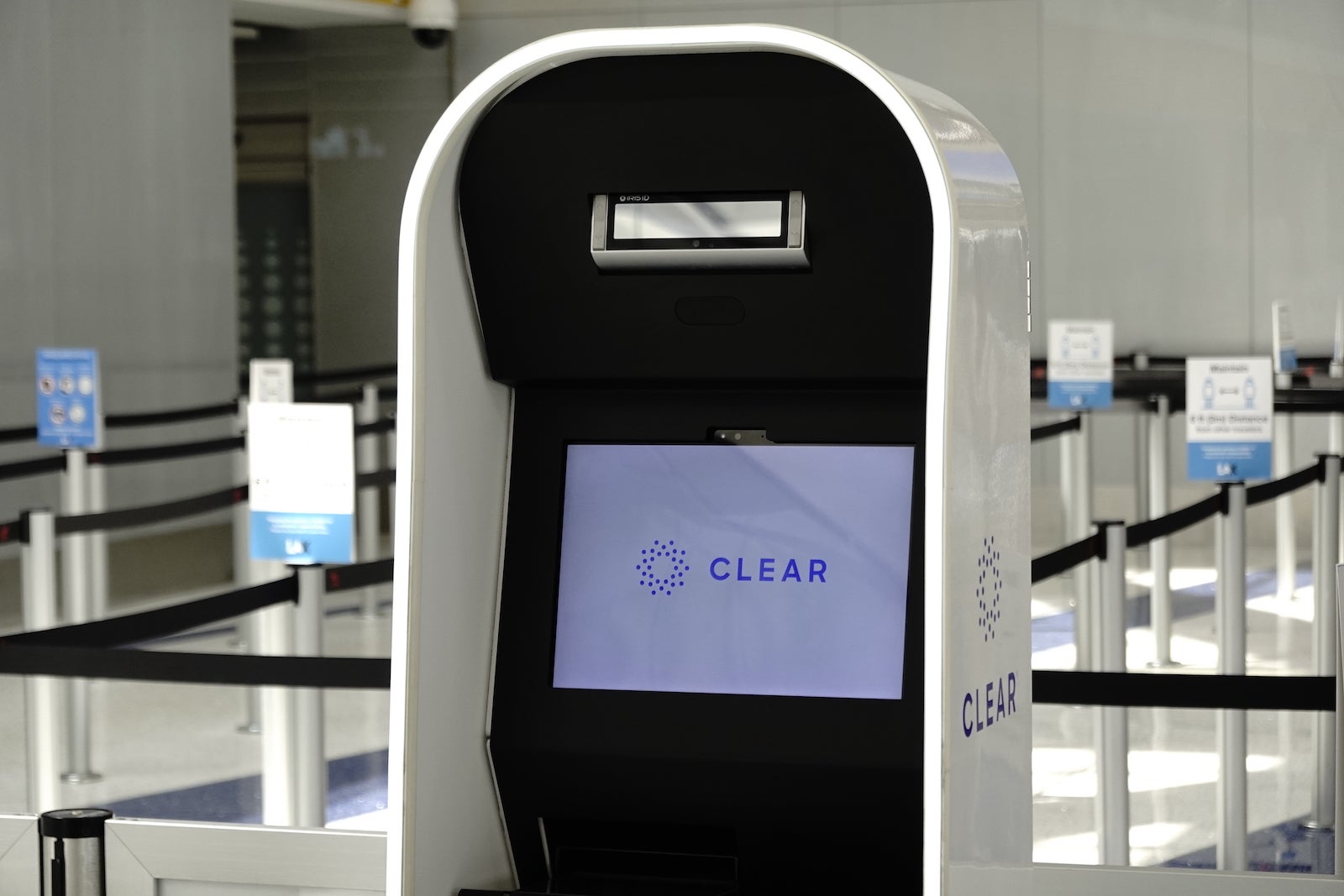
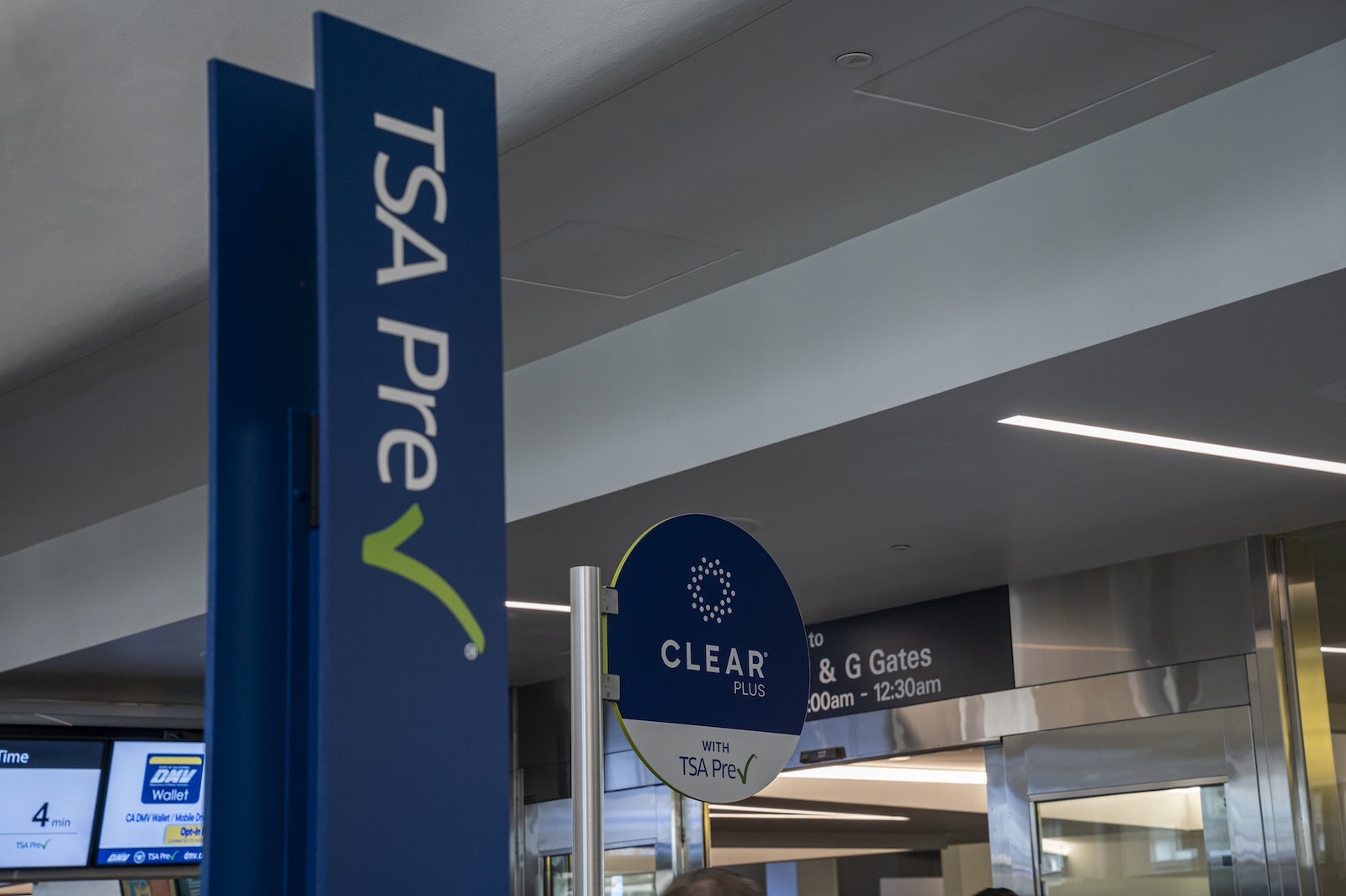
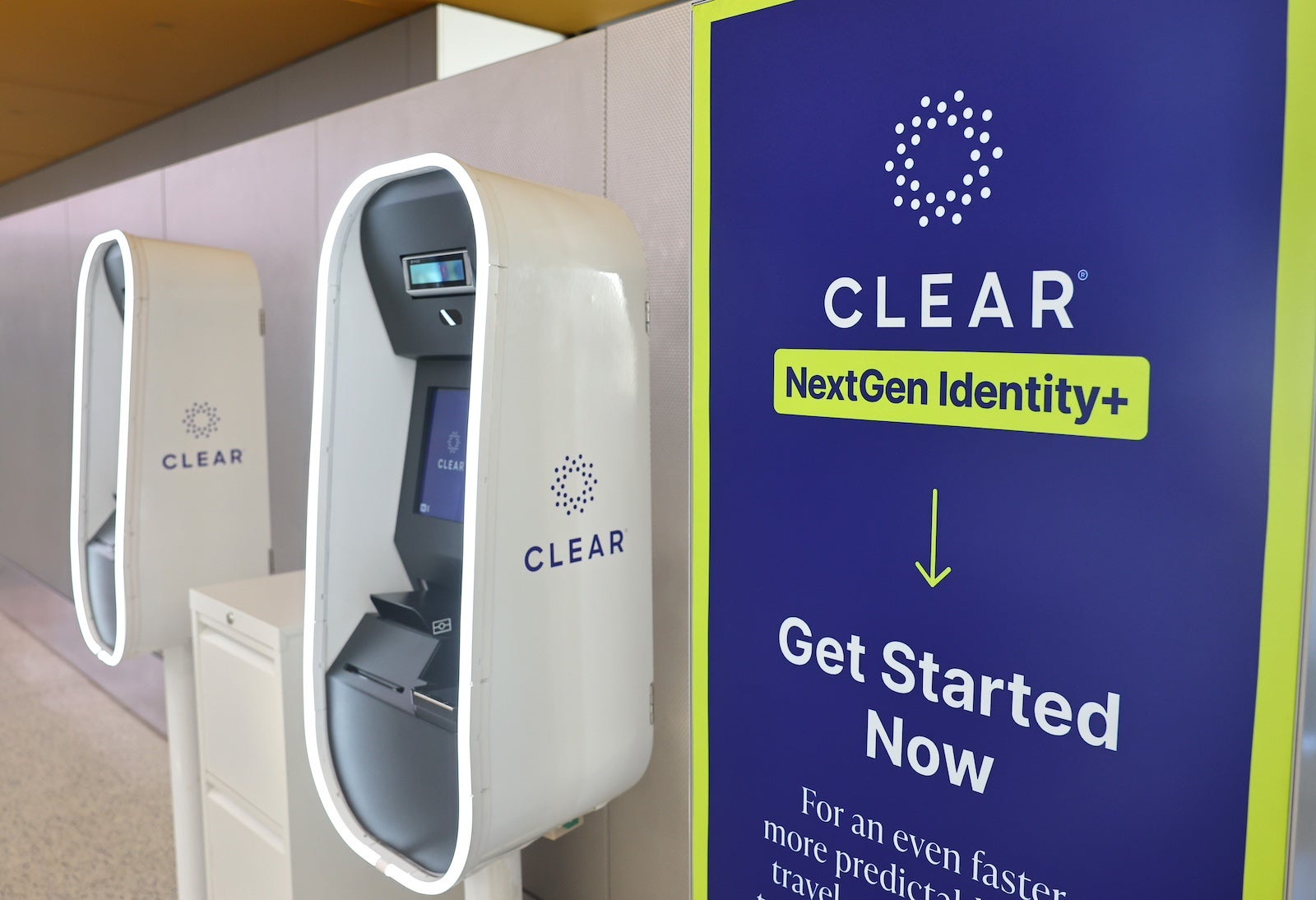
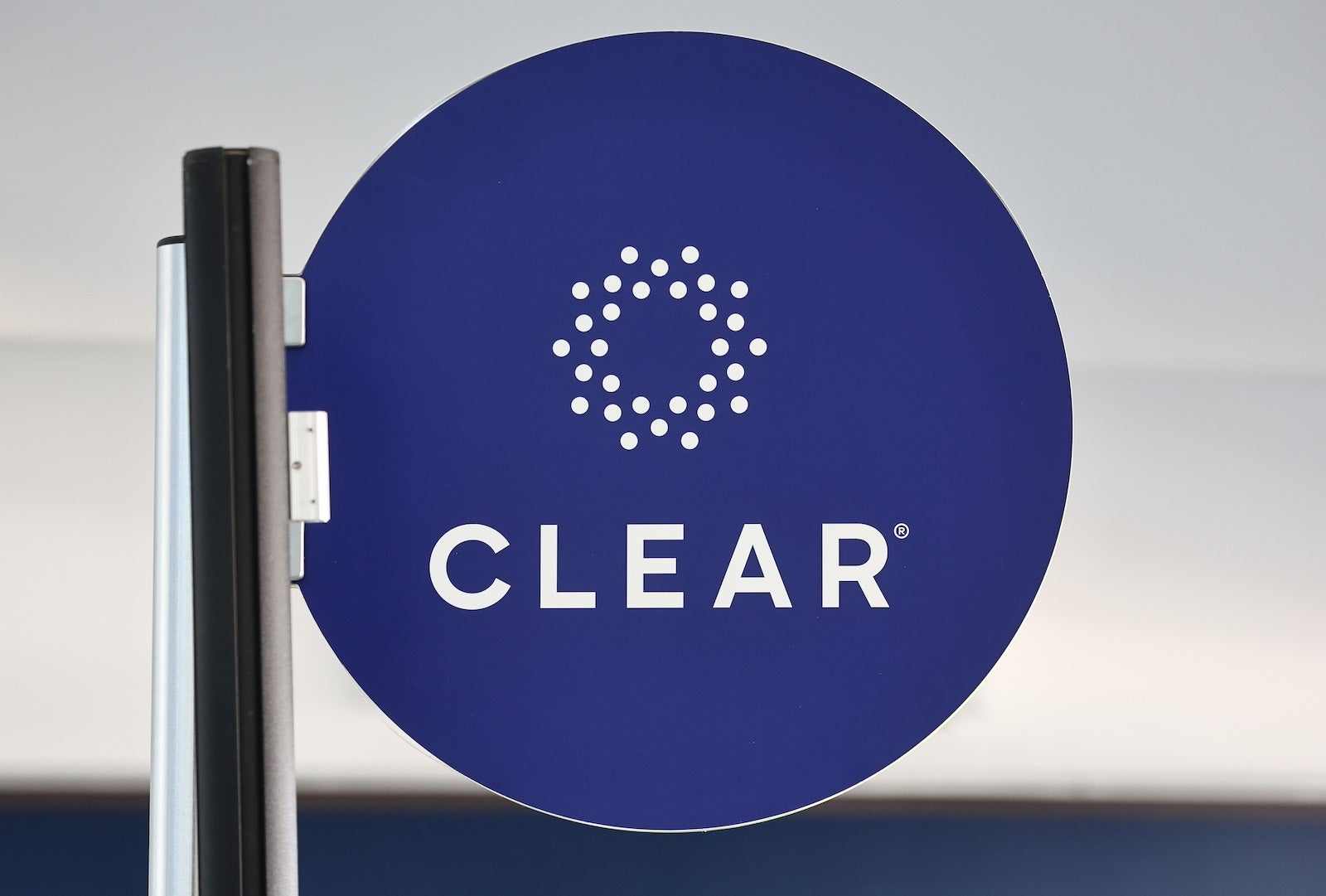
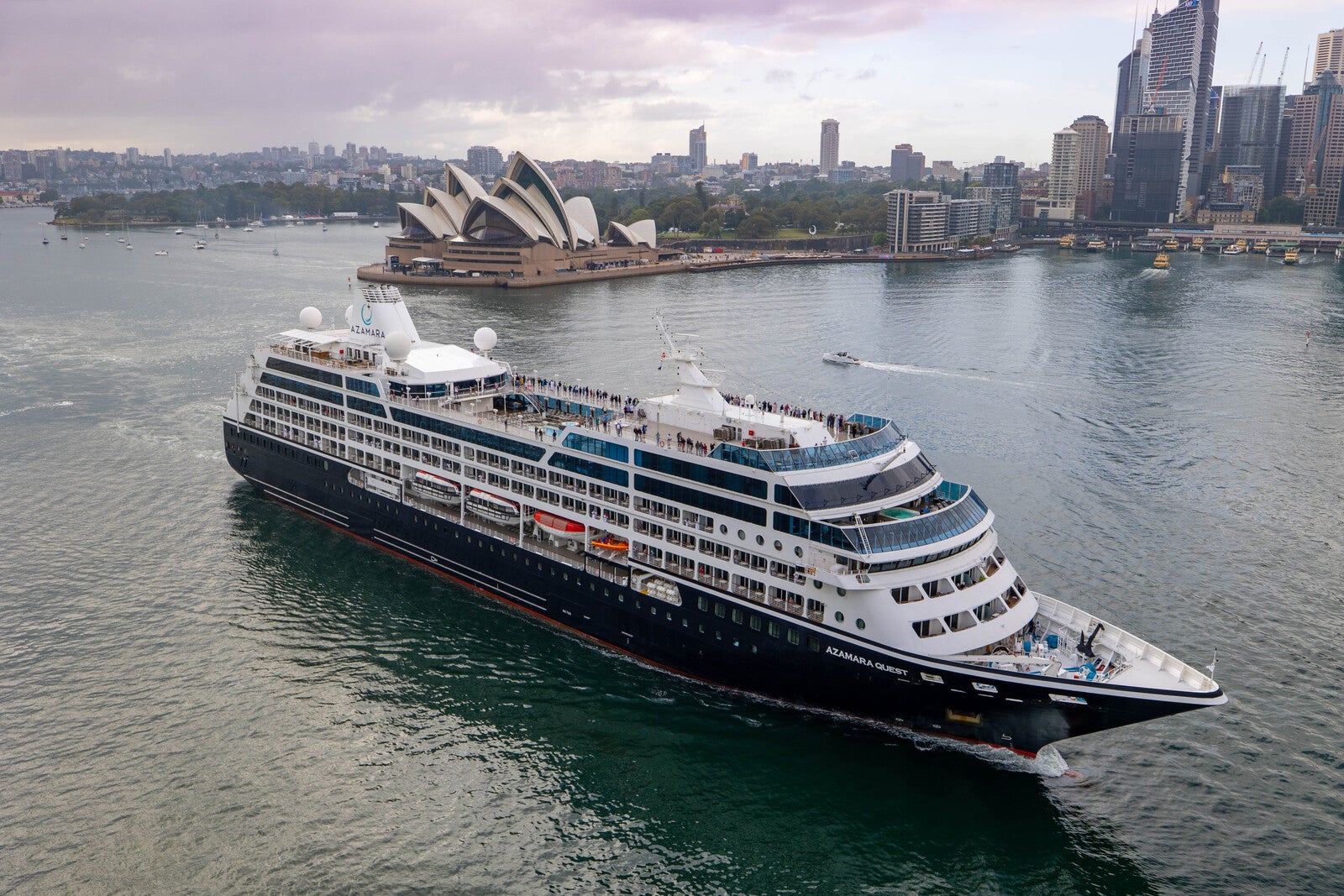







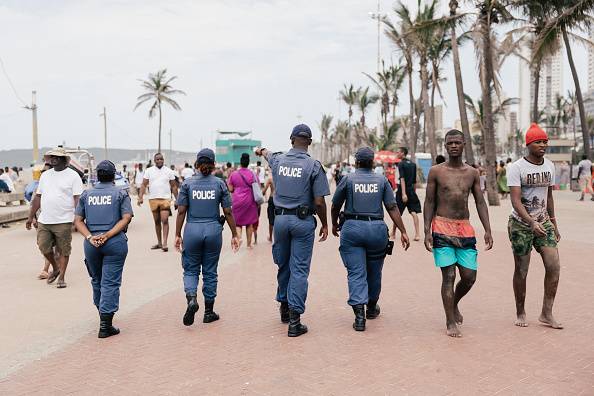

Discussion about this post